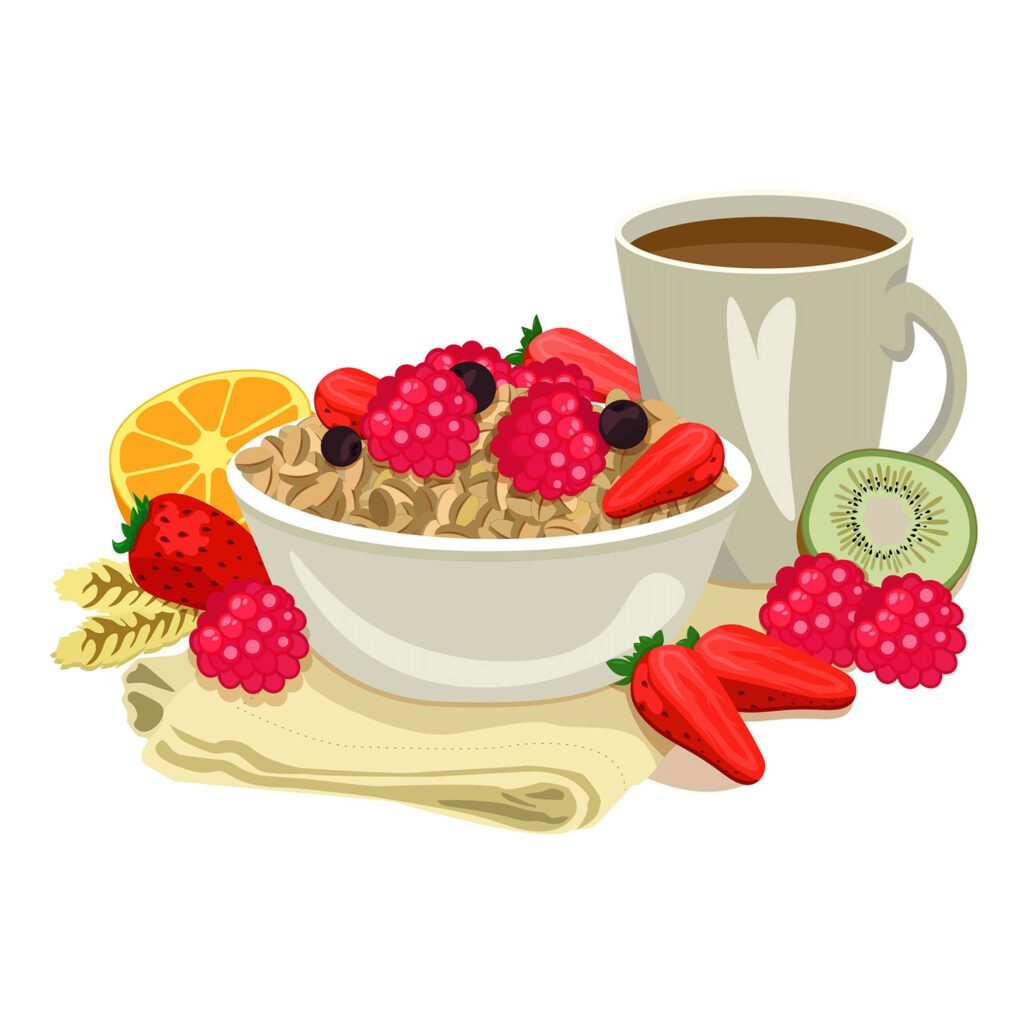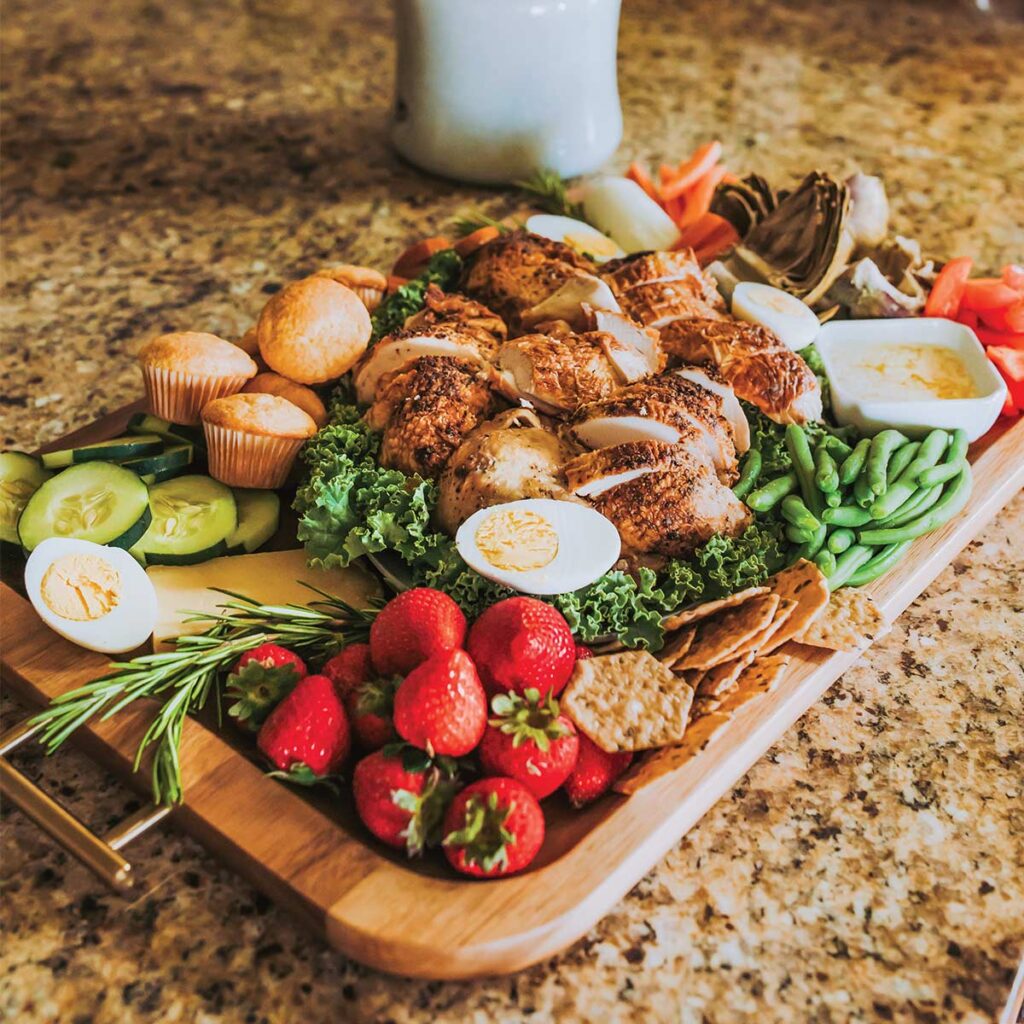Why Your Morning Meal Matters
You’ve heard it said all your life: “Breakfast is the most important meal of the day.” But is this adage based on any real science, or is it just something moms say to get their kids to finish their cereal?
Considering that nearly one-fourth of Americans skip breakfast consistently, it’s worth exploring what exactly breakfast can do for you and your body. Keep reading for breakfast’s biggest benefits and some healthy meal ideas to jumpstart your day!

The Benefits of Breakfast
Studies have pointed to several benefits of eating breakfast within one to two hours of waking. These include:
- Providing energy. You wouldn’t expect a car to run properly without fuel, and the same can be said for your body. Eating breakfast gives you the energy you need to start your day and perform at your best.
- Helping you focus. Those who eat breakfast are often more alert and focused than those who skip their morning meal. It’s especially important for school-aged children to eat in the morning, as it’s been proven that breakfast leads to better concentration and academic performance.
- Reducing your risk of disease. Eating breakfast has been linked to improved heart health and a lower risk of obesity and type 2 diabetes.
- Getting in your vitamins and minerals. Many breakfast foods are rich in calcium, B vitamins, folate, fiber, and iron. Skipping breakfast means skipping out on the chance to consume these vitamins, minerals, and nutrients that are essential for good health.
- Improving your mood. Food impacts your mental health just as it does your physical health! A healthy breakfast has the ability to boost your mood and give you a more positive attitude to start the day.
Building a Better Breakfast
There are three components to a healthy breakfast: carbohydrates, protein, and healthy fats. Including all three will ensure you stay satiated all morning long. Ideally, your breakfast will also include a hearty dose of fiber – typically found in produce (think berries, apples, avocado) and whole grains.
You can enjoy cereal, too – just look for a box that’s high in fiber and low in sugar, and be sure to pair it with some extra protein. And, if you’re really in a pinch, don’t discount last night’s dinner! While a little untraditional, eating dinner leftovers for breakfast can help you check all of your nutrition boxes and give you a savory start to your day.
Here are just a few suggestions for your morning meal:
- Oatmeal topped with fruit and nuts
- Avocado toast topped with a fried egg
- Smoothie filled with fruit, veggies, yogurt, and/or nut butter
- Breakfast tacos filled with scrambled eggs and veggies on corn tortillas
- Greek yogurt parfait with berries and nuts
- Breakfast sandwich and a side of roasted potatoes
But What If You’re Not Hungry?
Not everyone is hungry right when they wake up, so breakfast just isn’t an appealing option. While it’s always important to listen to your hunger cues, you might investigate why you aren’t feeling hungry. For example, you might find that you’re eating your last meal of the day really late at night; if that’s the case, experiment with eating a little earlier if possible – at least two hours before bedtime – or even reducing the size of your evening meal. Get seven to nine hours of sleep every night to ensure you’re well-rested, and build time into your morning routine so that you have the opportunity to eat and enjoy breakfast.
And don’t forget – breakfast doesn’t have to be a complicated affair! A banana and peanut butter can put some fuel in your tank and help you avoid feeling “hangry” mid-morning.




